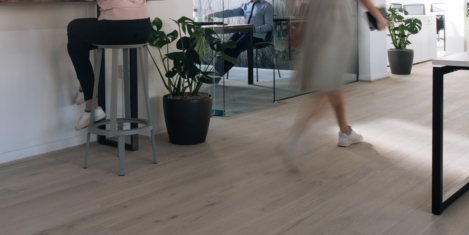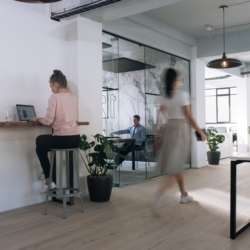To provide the best experiences, we use technologies like cookies to store and/or access device information. Consenting to these technologies will allow us to process data such as browsing behaviour or unique IDs on this site. Not consenting or withdrawing consent, may adversely affect certain features and functions.
The technical storage or access is strictly necessary for the legitimate purpose of enabling the use of a specific service explicitly requested by the subscriber or user, or for the sole purpose of carrying out the transmission of a communication over an electronic communications network.
The technical storage or access is necessary for the legitimate purpose of storing preferences that are not requested by the subscriber or user.
The technical storage or access that is used exclusively for statistical purposes.
The technical storage or access that is used exclusively for anonymous statistical purposes. Without a subpoena, voluntary compliance on the part of your Internet Service Provider, or additional records from a third party, information stored or retrieved for this purpose alone cannot usually be used to identify you.
The technical storage or access is required to create user profiles to send advertising, or to track the user on a website or across several websites for similar marketing purposes.
 While the pandemic ushered in a wave of remote work with benefits for both employers and employees, a new study warns of a hidden risk: professional isolation. Researchers from Colorado State University found that remote employees experiencing isolation reported feeling less engaged and more depleted at work, potentially leading to burnout. The study published in the Journal of Business and Psychology, surveyed 445 participants across two points in time. It measured professional isolation, schedule flexibility, and the level of support supervisors provided for work-life balance.
While the pandemic ushered in a wave of remote work with benefits for both employers and employees, a new study warns of a hidden risk: professional isolation. Researchers from Colorado State University found that remote employees experiencing isolation reported feeling less engaged and more depleted at work, potentially leading to burnout. The study published in the Journal of Business and Psychology, surveyed 445 participants across two points in time. It measured professional isolation, schedule flexibility, and the level of support supervisors provided for work-life balance.

































April 29, 2024
Stress, anxiety and a beamish response to it all
by Mark Eltringham • Comment, Legal news, Workplace